I've taken the time to read this IT notes Story where we are reminded to use Open Source Code in the diverse way it's intended
I can give you an example regarding the _if tools_
**ifconfig** is in my _muscle memory_ the things that I need executed from this program just fly out of my fingers in reflex mode
I've been using the if tools ever since we needed to _compile everything_ ourselves, when we wanted to run an Open Source Environment, where the kernel was written and delivered in source code only.
If this is the first toot you read by me, I've been with the Open Source community on the Linux side since the alpha versions were coded and distributed through Usenet, in comp.os.unix.*
In that period you were grateful when a task set that you needed to execute, had a program, which would either make your task easier or better manageable, than doing everything by hand in a laborious manner
Ever since the beginning there are different GNU programs, written in the Richard Stallman period, that can do similar things. All you need to do is choose what you like and stick with it
If you do not like the way it works, you can fork it & change the code, if you don't know how to write a line of code, there are _manual pages_ available which you can use as teaching methods to learn how to code yourself
All you need to be for that is an _autodidact_
You have the power of the **Source Code** readily available right in front of you
At a certain point in time _Bram Molenaar_ did not like the way VI worked; he want it more than vi offered. At this point in time Bram Molenaar programmed vim on the _Amiga_ computer. Since the true Open Source form was followed vim was also distributed in Source form and was happily adopted by others who were thinking in a similar manner as Bram Molenaar and they started to contribute to that program.
vi is a vital program on UNIX systems. What Bram has made, is create a _choice_ for people who want it more than what vi offered.
# vim & vi happily coexist!
## This is the beauty of Open Source
At a later point in time this is also what happened with the programmer who wanted more than what the if-tool set offers. Thus the command set of _ip_ was programmed. Similar to vi and vim they happily coexist.
### However on the distribution level something changed.
After a couple of decades I noticed that traditional tools, that have been tried, tested, stable and have withstood the test of time, were dropped from the base installations. You have to go and fetch them yourself. It was even done with _critical tools_ like the if tool set. It's not just one distribution that's doing it but different distributions.
I was busy with an installation; at a certain point I needed **ifconfig** to work on my network interface devices; I needed to configure something on the fly. Imagine my facial expression when I detected that ifconfig wasn't in the base installation!
The machine was in a _chicken egg_ situation because I had &no access to the network_ I had to stop, go to another place fetch the if tools separately, find out that they were dropped for reasons which were totally irrelevant to my work, go back to the machine, install them separately and in the process waste many valuable minutes of time.
It was then that I started to notice the pattern a pattern of **polarization** removing tools which are critical to base installations without leaving a warning
I had to _change_ my setup routine which has been working for decades in a _flawless_ manner, because someone somewhere decided that a good tool set became obsolete.
This polarization is not only in the choice of what commands are chosen to be in the base installation of a distribution, it's in many different sections of the open source community which is what Stefano has shed some light upon.
Polarization because of diversity is totally unnecessary, happy and peaceful coexistance is key
* You can love vim yet cherish vi
* You can glorify emacs yet admire vim
* I can love XCFE cherish LXDE, admire KDE & like GNOME all simultaneously
Depending up on what I'm doing, what machine I am working on (SBC server embedded system), what is needed on the task at hand, I simply adapt and work with the diverse tools available for free.
There is absolutely now need for polarisation or Toxic behavior in the Open Source ENV:
Another example is the direction that Gnome went many years ago.
In that period I used Enlightenment, Gnome, KDE and FVWM simultaneously on different machines. All WM are working in a manner that I like. When however the Gnome programmers decided to strip configuration features of the Desktop Environment, I didn't go on a rant, I didn't bother to fork, because of the massive amount of work involved.
I just left in Peace
Diversity is Vital. GNOME is Vital! We need them all
🦋💙#Lobi 💙🦋
#Story #Stefano #Programming #FVWM #LXDE #OpenSource #BSD #freeBSD #Linux #POST #X86 #technology #SBC
https://my-notes.dragas.net/2025/11/14/this-isnt-a-battle/









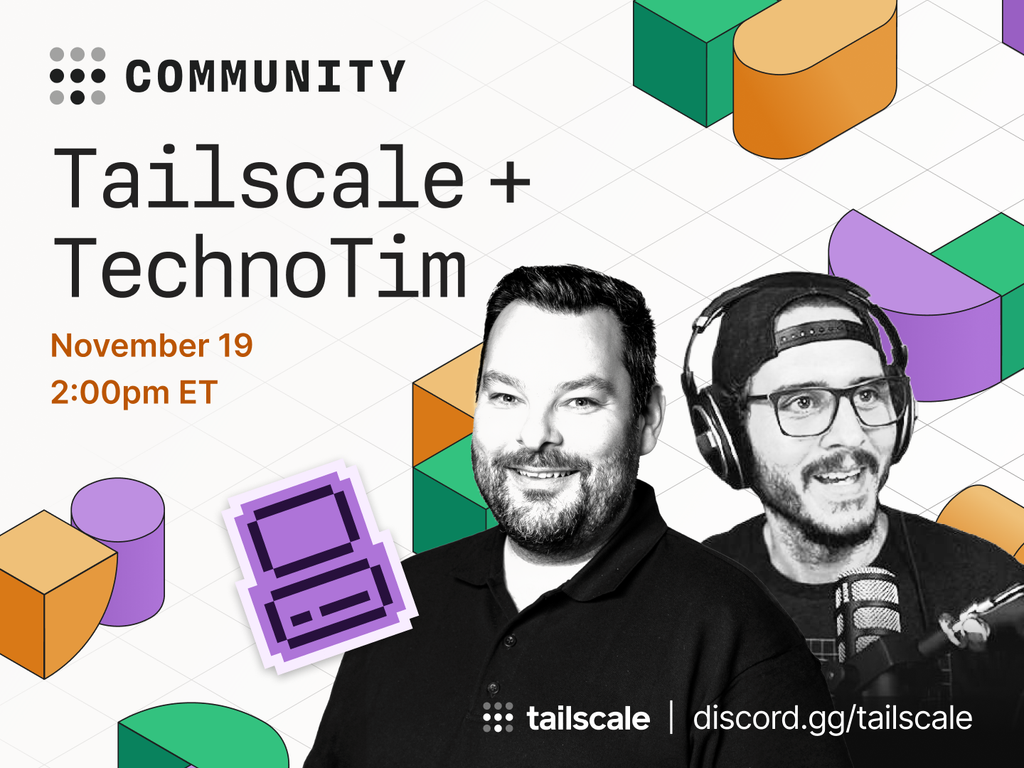


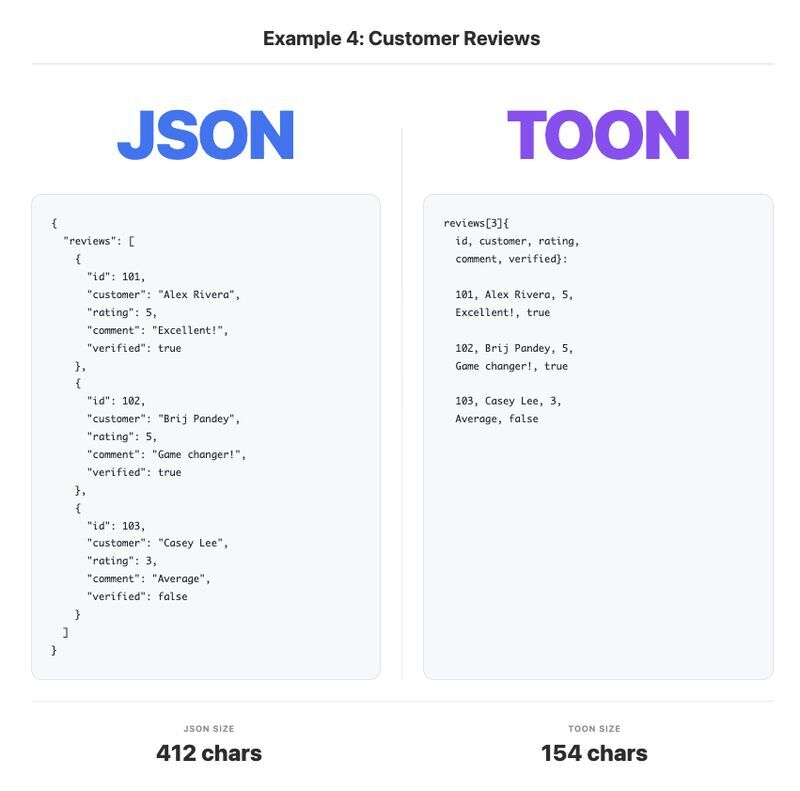












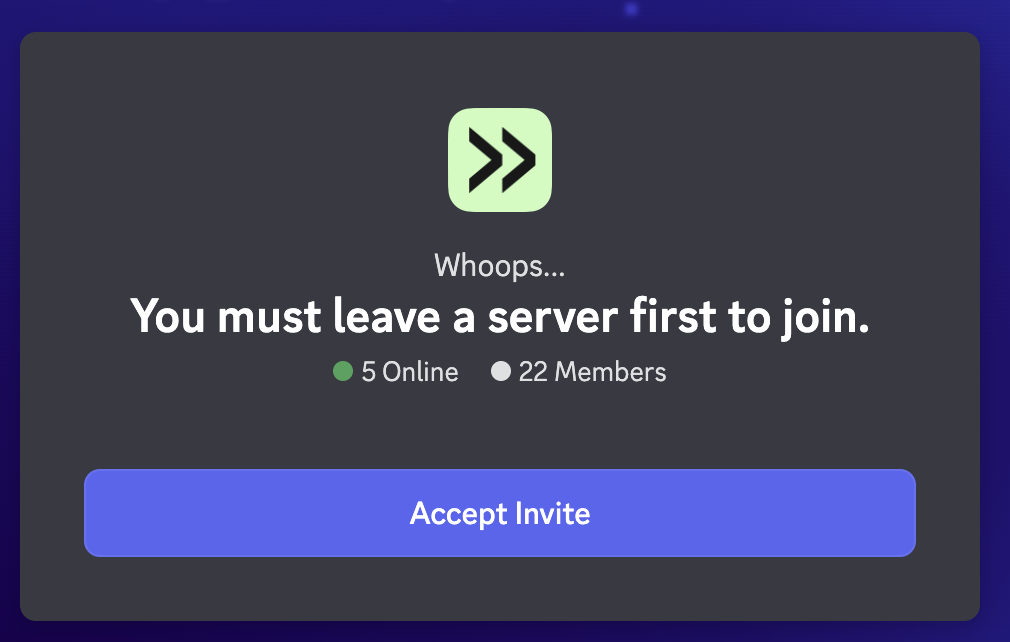
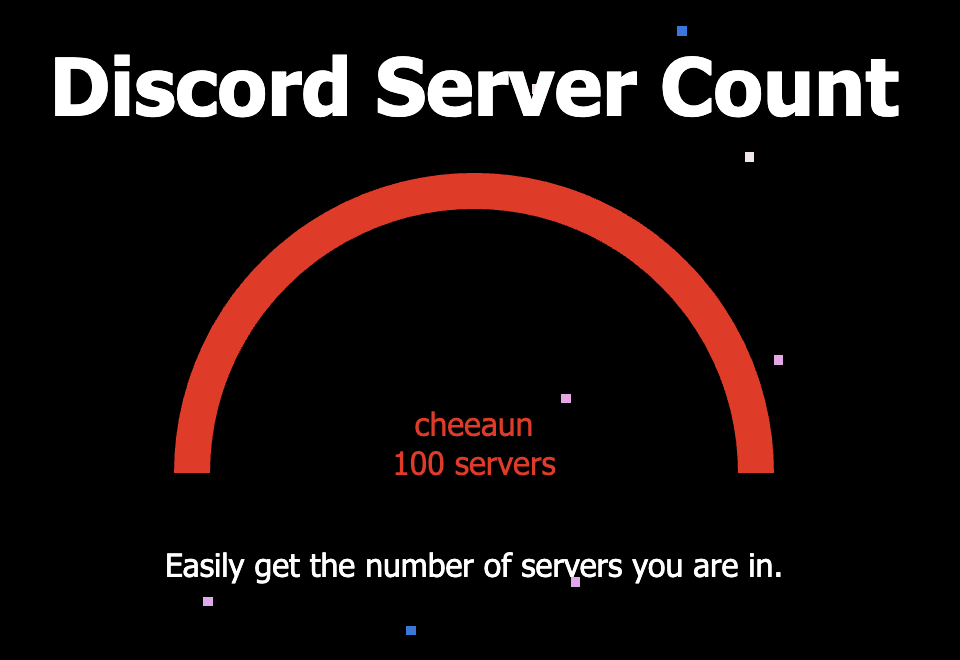
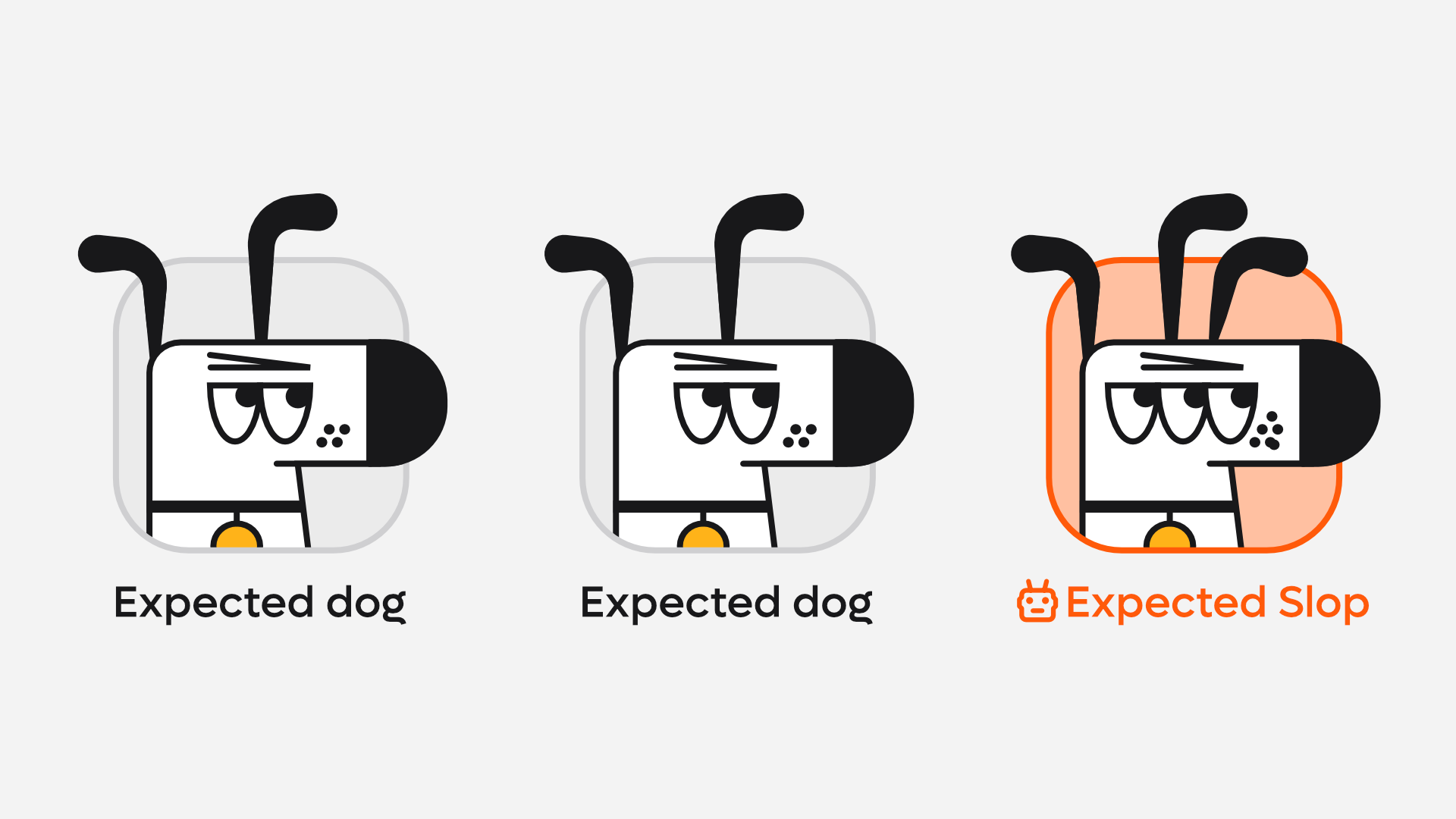



 식빵!!
식빵!!

